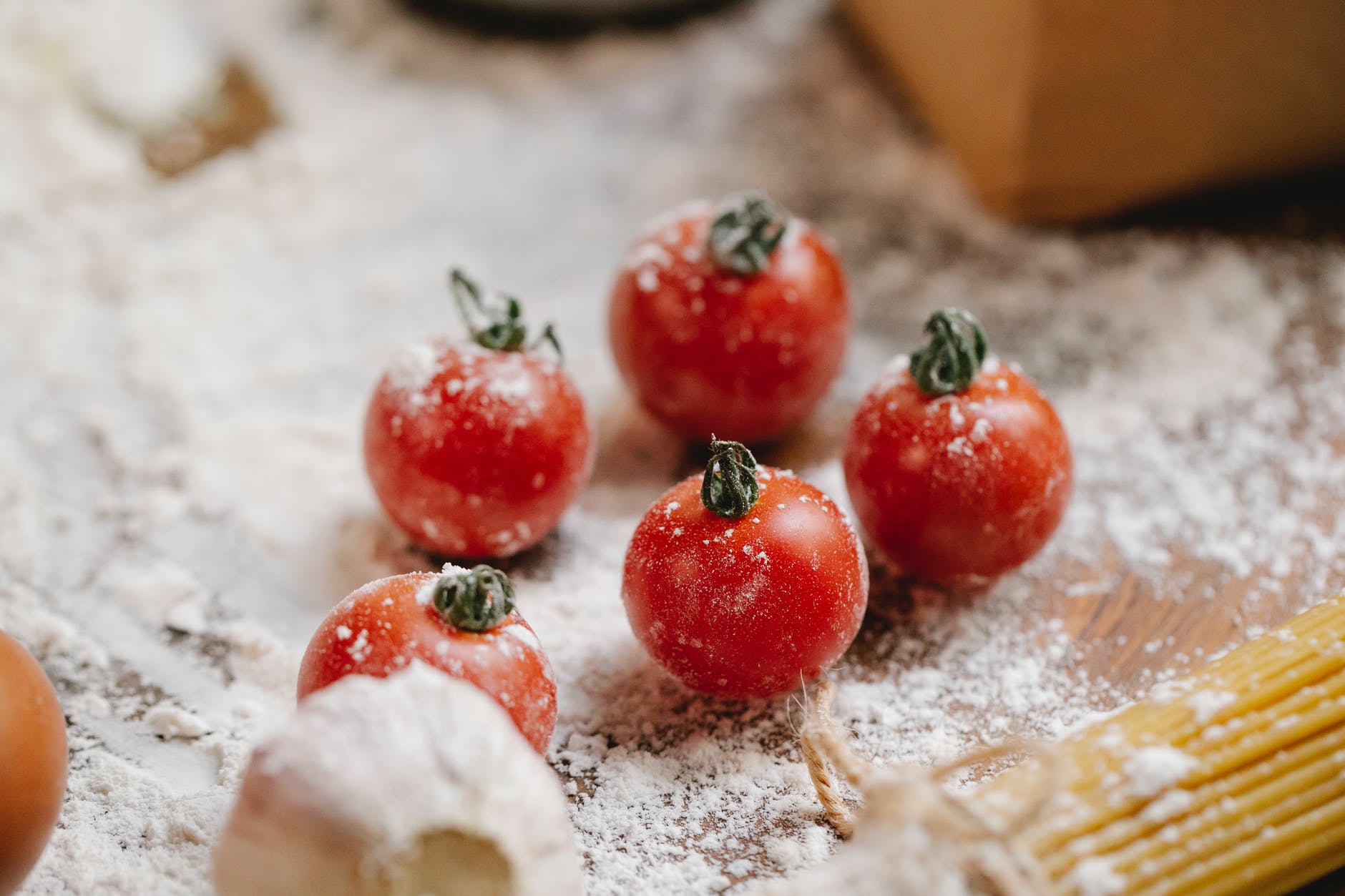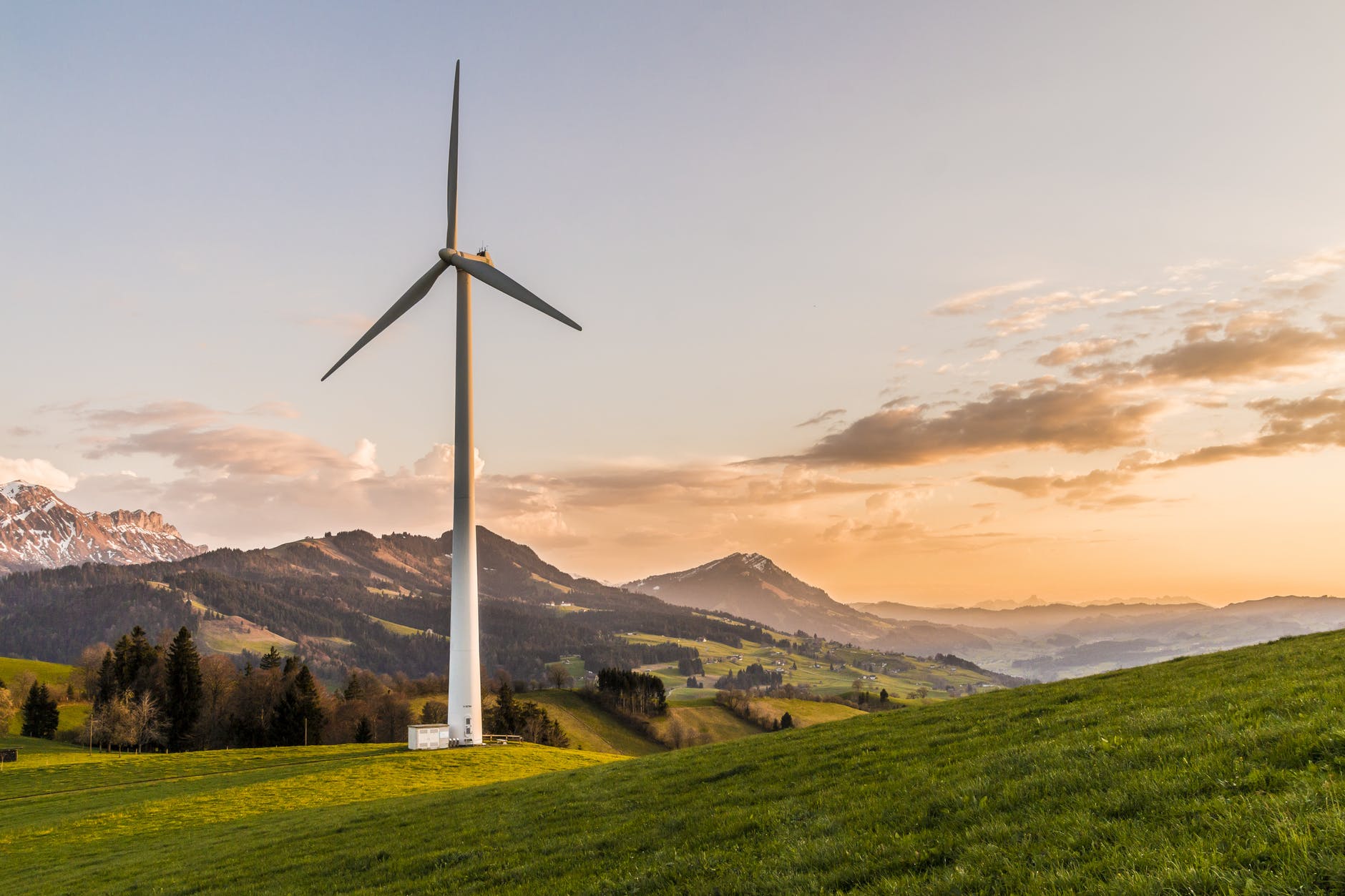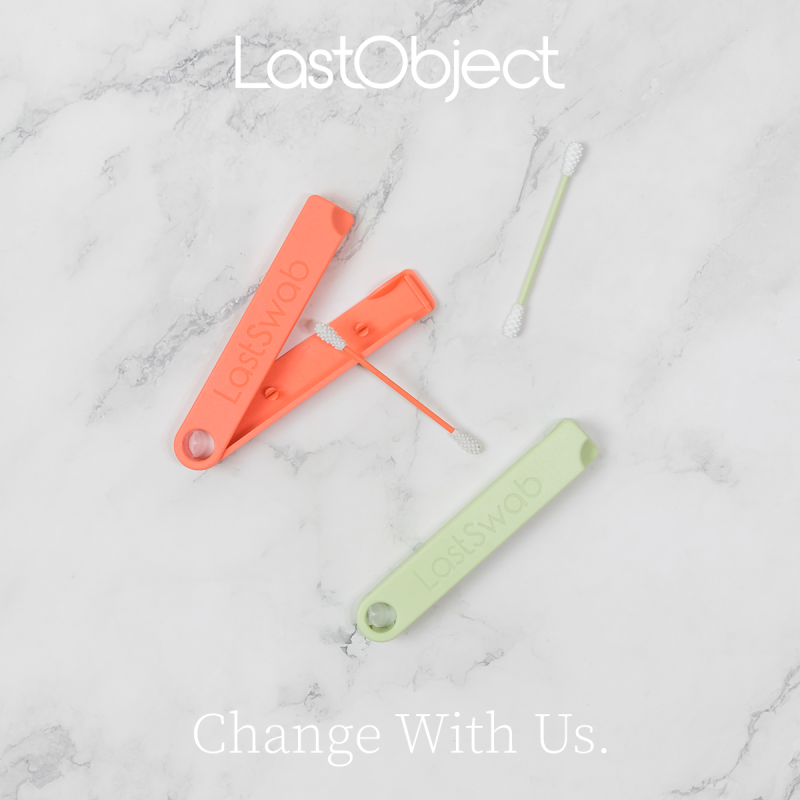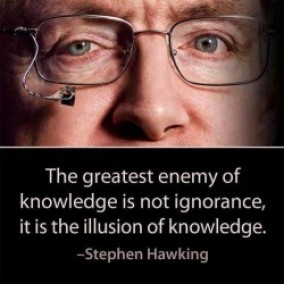“The Caveman Diet: We Used To Eat Meat, But Should We Now?” (PBN)

There has been a lot of talk, in recent years/decades, about the idea of eating keto/low carb/like someone who lived in a cave. However, I think we can do better than that.
(Disclaimer: I am not a nutritionist. What I am offering is what I believe is common sense advice, and the opportunity to do some further reading and research for yourself and/or with your health care provider).

With that, comes this idea that eating bacon and eggs, steak and burgers is being true to our ancestors in some way.
So, for a person who likes eating bacon and eggs, the idea that continuing to do so is not only healthy, but being supportive of one’s history and ancestors, might have a certain appeal, even if it’s not actually supported by the evidence.
And, it turn out, the link is likely not that clear, and there are a number of gaps in the logic. For example, among others:
- our bodies have changed over time
- the diet that was eaten way back then clearly did not consist of freezers full of plastic-wrapped, factory farmed steaks and other similar items, bought in bulk at the grocery store
- our lifestyle now is widely different than it was in the past
- we understand far more now than we did, even 50-100 years ago, about the climate and emissions impacts of an animal-based diet and the need to switch to a plant-based diet
- the global population now is very different than it was long ago.
Actually, yes. Cavemen used to eat meat whenever they could get it, but this wasn’t often. In fact, almost never. You try hunting animals that are bigger and/or faster than you with the most rudimentary of tools, and you’ll quickly see how hard it is to snare your supper.
So, we actually ate very little meat and, thanks to recent improvements in DNA analysis of ancient teeth fragments, we know that we survived mainly on foraging for plants, nuts, and berries. Foraging is great because it keeps you in tune with nature: in season, eating locally and physically nimble and fit.
PBN

So, where does that leave us now? To reduce emissions, help ensure that everyone has enough to eat and be healthy, and to live in balance with people and the planet, the best evidence suggests a (heavily or fully) plant-based diet as the best path forward. Looking for more ideas, or resources? My website, along with countless others, have info and resources to help make the switch to plant-based eating easier to do.
Eating consciously, along with minimalism (rethinking consumption) mindfulness (rethinking our urges) environmentalism (rethinking our relationship with nature), is vital as we look to come back from Covid better and more harmonious than before.
Everything is up for grabs when you consider how unhelpful much of our perceived wisdom is.
So eat like a caveman and cut the meat. You’d never have kept up with that bison anyway. (Italics mine).
PBN














